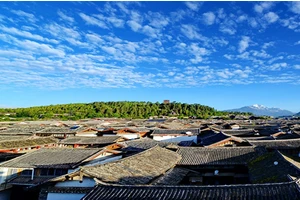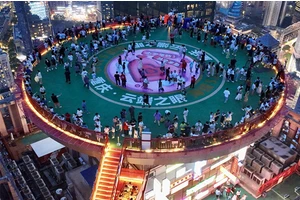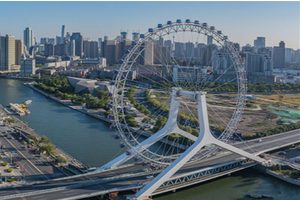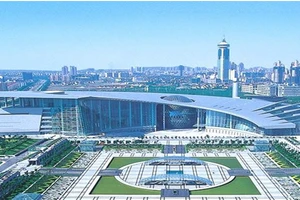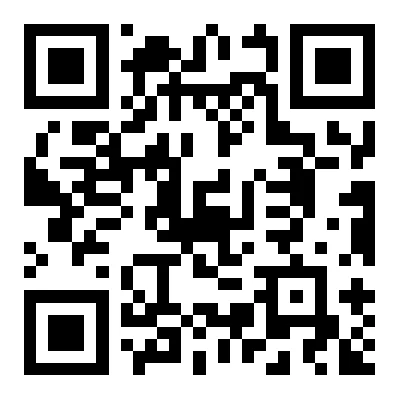Nanning newspaper group travels to Vietnam
Personal travel to Vietnam is not allowed, because China-Vietnam tourism is a special tourism project approved by the state, and you can participate in overseas travel only with your ID card. The border pass can only be used for group travel, and the group must enter and leave the country as a whole. It is not allowed to leave the group activities. More than three individuals can apply for independent group documents, and the entry and exit time is limited.
1. China citizens who join tour groups to travel to Vietnam can use passports or pass only. Those who only use the pass can only travel to northern Vietnam, mainly Hanoi, Haiphong and Halong Bay. Individuals only need to provide identity documents to the travel agency, and the rest of the procedures are handled by the travel agency. Those who use the pass have to leave the country from where they enter the country.
If you want to travel to the south of Vietnam, or travel to Vietnam on your own, you need to apply for a personal passport and visa from China. If you do it yourself, you need to have a time deposit of $4,000 in the bank.
Second, the tourist routes
National tourist routes from northern Vietnam to southern Vietnam: Entry-Hanoi-Haiphong-Halong Bay-Hue-Haiyunling-Da Nang-Hoi An-Nha Trang-Dat-Ho Chi Minh City. Or vice versa, go from south to north. One-day trip from China border port can take a look at the borders of Liangshan, Mang Street and Laojie, and you only need to apply for a pass.
To Hanoi, Hue, Da Nang and Ho Chi Minh City in Vietnam, you can find local travel agencies to join a group tour of scenic spots near the city.
Third, tourism services
traffic
Vietnam's water, land and air transportation are relatively developed, and tourism transportation is convenient. There are international flights to Hanoi and Haiphong, and there are flight connections between domestic cities. Vietnam is more than 1,700 kilometers long from north to south, and is connected with railways in China, Guangxi and Yunnan provinces. Cars and roads are dense, and water transportation is developed. There are buses, taxis, motor tricycles and manpower tricycles in all cities, as well as taxis and bicycles, so passengers choose more modes of transportation.
stay
In all tourist cities and scenic spots in Vietnam, there are all kinds of hotels with high, middle and low grades. Accommodation in Vietnam is mostly settled in US dollars, or in Vietnamese currency, but generally not in RMB.
Generally speaking, tour groups don't stay in high-end hotels that cost more than $50 per night, but stay in mid-range hotels that cost $20-50 per night (double rooms), and there are also cheap hotels that cost $5-20 per night in cities. Those under $10 generally don't have air conditioning, but they have separate bathrooms. There are cheaper residential hotels in Ho Chi Minh City, but it is not easy for uninformed travelers to find them. When staying in a hotel in Vietnam, guests must present their own identification, and foreign tourists must present their passports with valid visas. Unlike in China, they need a "permit to receive foreigners" to receive foreigners. In Vietnam, all hotels allow foreigners to stay.
diet
Traveling in Vietnam, the diet is very convenient, and it is more suitable for China people's taste. It combines the characteristics of Chinese food with Southeast Asian cuisines, and it is slightly sour, spicy and sweet, but people who are used to spicy food will find it spicy enough. In major cities, there are many Chinese restaurants, especially in Ho Chi Minh City, besides Vietnamese restaurants with high, middle and low grades. The diet in Vietnam is similar to that in the southern coastal provinces of China. The breakfast is mainly rice noodles, and the staple food for lunch and dinner is rice. It is easy to eat good rice in Vietnam. Because of the long coastline of Vietnam, fish is also a common food. Vietnam is located in the tropics and subtropics, and is rich in vegetables and fruits. The main fruits are bananas, pineapples, lemons, longan, lychee, papaya, citrus, mango, durian and so on. The unit of currency exchange in Vietnam is the "shield", which is not an international currency. In Vietnam, it is best not to exchange money at the bank, because the exchange rate is low, which can be exchanged in the private market and in travel agencies. In northern Vietnam, China's RMB can be used and circulated in the market, while in the south, it has to be converted into Vietnamese dong.
International credit cards can be used in Vietnam, mainly Visa and Master cards.
go shopping
When traveling in Vietnam, the products available for foreign tourists to buy as souvenirs are mainly handicrafts. These handicrafts with Vietnamese characteristics are mainly porcelain, lacquerware, silverware, embroidery, silk products, ivory carving and wood carving. The collection of war relics and Vietnam War supplies are also one of the characteristics of Vietnam's tourism shopping. As Vietnam has experienced a long war, there are many war relics scattered among the people. Buyers should know how to tell the truth from the truth and bargain. Ho Chi Minh City and Hanoi are the largest commercial cities in Vietnam, and the business district of Ho Chi Minh City is mainly concentrated in the area of Chinatown embankment.
matters need attention
Take precautions against thieves when traveling in Vietnam. One of the tricks of thieves is that one comes up to talk to you and the other steals your luggage. When staying in a hotel, you should take good care of your valuables, don't leave them in your room casually, and don't hang your clothes outside at night. When entering Vietnam, it is best to declare the photographic equipment to avoid being taxed when leaving the country. When you take a taxi, tricycle or motorcycle in Vietnam, you must first talk about the price, otherwise you will charge exorbitant prices. Be careful with charity. If you give a child money, seven or eight children will gather around and ask you for money.
Related questions:
■ What are the procedures for traveling to Vietnam?
■ What should I pay attention to when joining a group?
■ Are the food, housing and transportation conditions in Vietnam usually poor?
■ Can I use RMB for tourism or business activities in Vietnam?
■ Are there any mines at the border?
■ What season is the best in Vietnam?
■ Are Vietnamese friendly to China people?
■ How to arrange your trip to Vietnam in Beihai reasonably?
■ Hanoi guide
■ Problems that should be paid attention to when self-driving cars travel to Vietnam in Beihai.
■ What procedures should I go through if I want to go to Vietnam for a business trip?
■ Where can I apply for a visa with a passport?
■ Can I handle border passes without joining a group tour?
■ How to handle children's documents?
■ Why can't I see the travel quotation here?
■ Can I go through the travel formalities to Ho Chi Minh (Saigon) here?
■ How many ways are there from China to Vietnam?
■ Different characteristics of Vietnam by land and cruise.
■ Vietnam Telephone Guide
■ Vietnam route
■ exit knowledge
■ Vietnamese Embassy in China
■ Vietnam's entry and exit procedures for foreigners
■ China entry and exit regulations
■ Vietnamese visa
■ Vietnamese customs regulations
■ Vietnam Law on Entry, Exit and Residence of Foreigners in Vietnam
Online submission of questions
More frequently asked questions
Please refer to:
1. The travel expenses depend on the starting point: from Yunnan or Beihai and Nanning in Guangxi, you can choose the land route.
2. Cost of route selection: If you go to Nha Trang or Da Nang in South Vietnam, it is recommended to sign up for the tour locally.
3. The land tour is usually four days, and the cost is within 1000 yuan RMB; South Vietnam tour is expected to be less than 2000 yuan.
4. Precautions: There are shopping items in land tour groups, so you need to choose carefully to avoid unfair treatment because you don't shop.
5. Choose a regular travel agency: Recommend well-known travel agencies such as Beihai Kang Hui and China Travel Agency to ensure the travel experience.
6. Avoid small travel agencies: As the service quality and guarantee may be insufficient, it is recommended to avoid choosing small travel agencies as much as possible.
Prev: Beijing Xinhe travel
Next: JD.COM travel shoes


